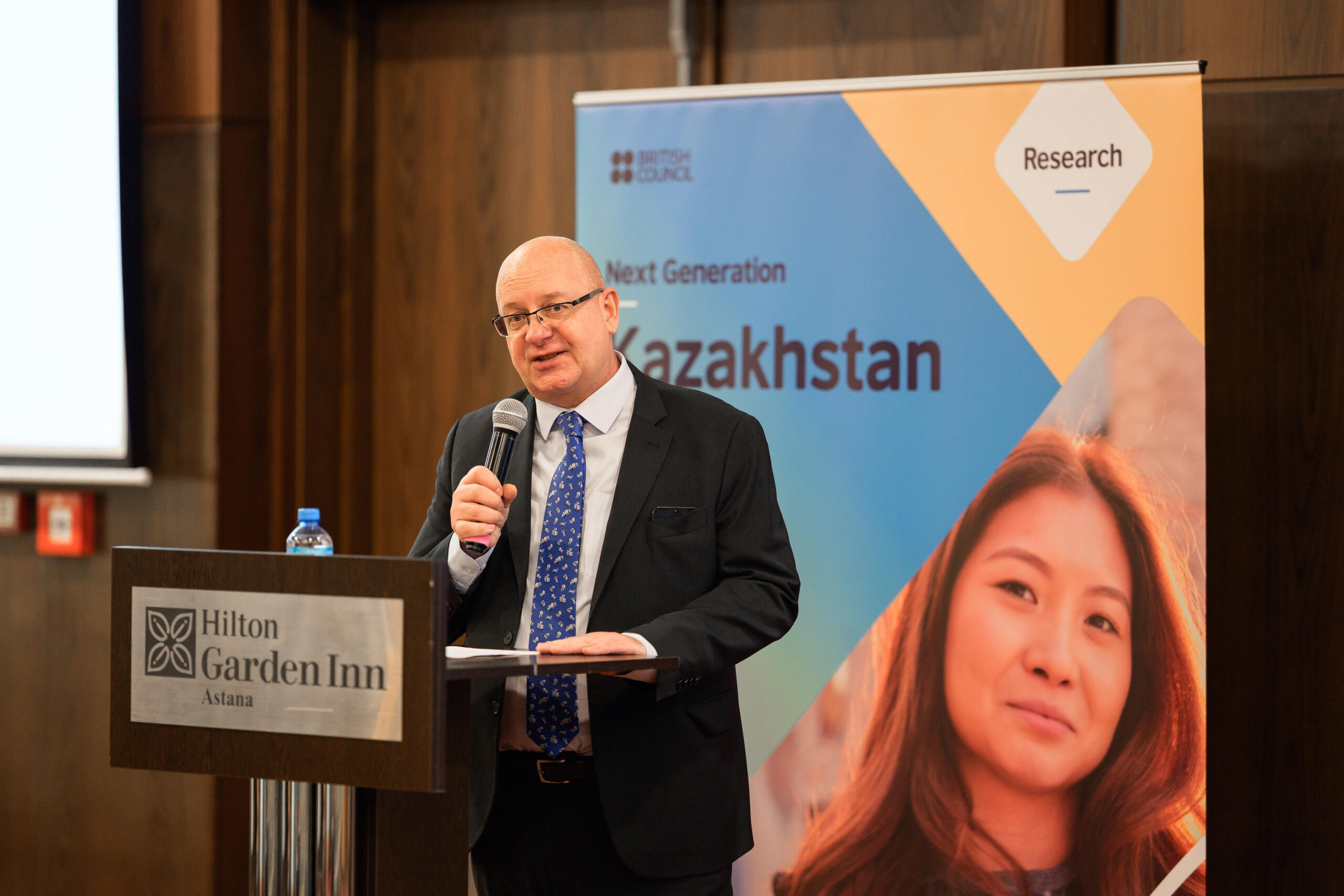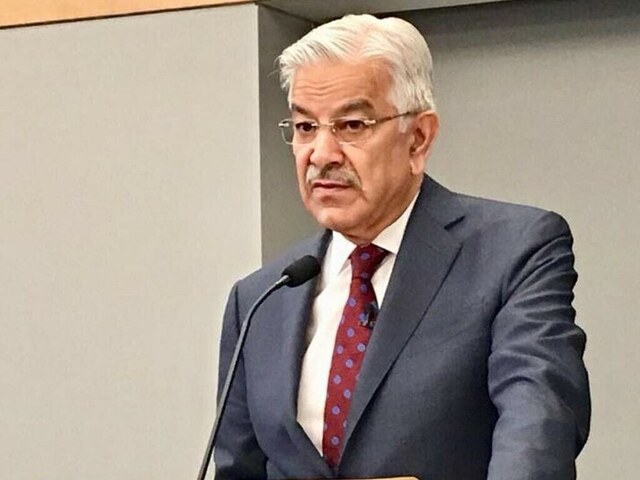By Fatima Kemelova,Nagima Abuova
Copyright astanatimes

ASTANA — Young people in Kazakhstan remain optimistic about their future while holding fast to family values and cultural traditions, according to a Next Generation Kazakhstan report released by the British Council on Sept. 25.
The research, part of a global program that examines youth perspectives, surveyed people aged 18 to 35 across the country in partnership with the London School of Economics, Central Asia Barometer, and a Project Advisory Board. A total of 1,270 young people participated, with 1,202 surveyed nationally and 68 interviewed through focus groups.
The findings come at a time when Kazakhstan is moving beyond its first generation of independence, capturing the views of those who have grown up entirely in a sovereign nation.
“We are proud to present Next Generation Kazakhstan and hope that it offers a valuable snapshot of a moment in time, a record of young people’s voices as they chart the beginning of their adult lives. We also hope that it provides helpful insights for policymakers, educators, and business leaders,” said Robert Taylor, the country director of the British Council Kazakhstan.
“By listening to and acting on the aspirations and concerns of young people, we can work together to build towards a future that reflects their hopes and ambitions and empowers them to thrive both at home and on the global stage,” he added.
Six key findings
The report identified six key trends that outline the priorities and concerns of Kazakhstan’s younger generation. These include a strong attachment to family and cultural traditions, the view of education as a driver of progress, the challenges and ambitions related to employment and entrepreneurship, growing civic participation, an outward-looking perspective on international opportunities, and a prevailing optimism about Kazakhstan’s national development.
Despite acknowledging the difficulties their society faces, 83% of respondents said they remain optimistic about both their personal futures and the country’s direction. This confidence is reinforced by pride in national identity, with 53 percent citing history, 50 percent culture, and 45 percent language as their primary sources of pride.
Education was seen as the most powerful tool for advancement, with more than 70% describing it as essential to societal progress and global awareness. Concerns remain, however, about outdated curricula, uneven teacher training, and persistent funding gaps.
Employment stood out as both a path forward and a source of frustration. Many young people believe their education has equipped them with key workplace skills, including leadership, problem-solving, and communication. While 43% of respondents are in full-time employment, 68% highlighted low wages as their greatest concern, followed by long working hours (38%) and workplace corruption (37%). Gender-based disparities persist, with young women more concentrated in lower-income brackets.
In response, entrepreneurial ambition is on the rise, with nearly half of those surveyed expressing interest in starting their own business within five years.
Civic participation remains limited, though there are signs of growing engagement. Only 13-24% percent reported involvement in formal politics, but interest in voting, volunteering, and community forums is expanding. Digital platforms, in particular, are becoming influential spaces for activism and dialogue.
The study also revealed a wide international outlook. One-third of respondents said they would consider moving abroad, mainly for education or improved quality of life. Türkiye emerged as the most popular choice, followed by the United States, Japan, and South Korea. Almost all respondents highlighted the importance of learning foreign languages, with English and Turkish ranked as the most valuable for education, work, and mobility.
The report highlighted that national pride was identified as a unifying theme. Kazakhstan’s history, culture, and language were cited as key sources of identity, underpinning a higher level of optimism compared with similar youth studies conducted in other countries.



